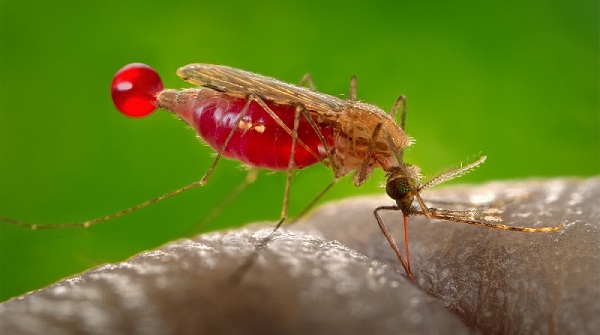Nigeria’s battle against malaria has received a fresh boost, as the Global Fund confirmed an additional $500 million allocation for 2024-2026, complementing the $2 billion it has already channelled into the country’s malaria response.
According to the delegation from Cameroon, which represented the Fund at the Big Push Against Malaria Summit in Abuja, the resources will be directed towards expanding vector control initiatives, preventive treatment for children, and deploying digital tools to strengthen surveillance and coverage.
The high-level summit brought together global health partners, political leaders, and civil society groups to push for stronger commitments.
Read Also:World Malaria Day: Tinubus wife urges Nigerians to promote clean environment
Africa’s wealthiest businessman and philanthropist, Aliko Dangote, speaking virtually on Sunday, urged deeper private sector participation and sustainable domestic funding, warning that malaria continues to exact a steep human and economic toll across the continent.
“For far too long, malaria has inflicted unimaginable suffering on our people, especially children, pregnant women, and vulnerable populations,” said Dangote, who also chairs the Nigeria End Malaria Council. “We have the tools and the knowledge to end this scourge. The time for action is now. While Nigeria has made commendable strides, there is still much more to be done.”
Uche Anaowu, Nigeria’s representative for the Bill & Melinda Gates Foundation, reinforced the message, recalling Bill Gates’ long-standing advocacy for malaria eradication. “We know malaria is preventable and treatable, and if we act collectively, we know it is beatable,” he said.
Minister of State for Health in Nigeria, Dr. Iziaq Salako, however, cautioned that Africa is off-track to meet the 2030 elimination goals.
He identified obstacles such as insecticide resistance, humanitarian crises, climate pressures, and chronic underfunding, stressing that stronger collaboration and financing are urgently needed.
Similarly, Hon. Linda Ogar, who chairs the House of Representatives Committee on AIDS, Tuberculosis and Malaria, criticised what she described as “endless discussions with few tangible outcomes.”
She proposed the creation of a unified agency to tackle malaria, HIV, and tuberculosis, and suggested new revenue streams including levies on tobacco, alcohol, telecoms, and a dedicated share of consolidated revenue.
Civil society groups at the summit pledged to act as “foot soldiers” in the fight but demanded meaningful participation in decision-making processes.
The World Health Organization also urged African governments to move from promises to action by investing in stronger health systems, mobilising local resources, and promoting innovation.
The World Malaria Report 2024 underscores the urgency: Nigeria accounts for more than a quarter of global malaria cases and nearly a third of related deaths, the highest burden worldwide. Across Africa, 94% of cases and 95% of deaths occur, with children under five remaining the most at risk.
Despite a 55 per cent reduction in malaria deaths in Nigeria since 2000, experts warned that without significant increases in funding, political will, and locally driven solutions, the continent may fail to reach the 2030 elimination target.
Dangote closed his remarks with a rallying call he described as a “new chapter.”
“Government, the private sector, civil society, and our global partners must work in lockstep. Together, we can consign malaria to history, within our lifetime,” he urged.



